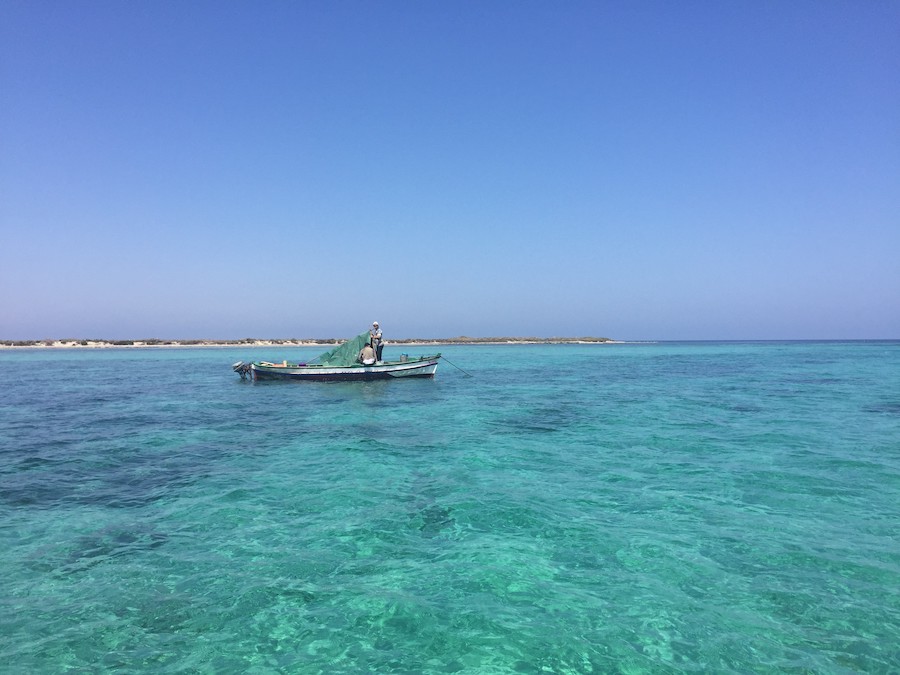The MedFund, headed by Monaco’s Bernard Fautrier, is allocating €1.8 million to marine protected areas for the next five years. It comes amid a new scientific study which suggests that the world’s oceans could be returned to their former glory in the space of a generation.
The MedFund Board of Directors was due to meet in the Principality during Monaco Ocean Week, scheduled for 22nd to 28th March, but the event was cancelled because of the coronavirus crisis.
MedFund President Bernard Fautrier and the administrators wanted to continue with their important 12th Board of Directors meeting, so it went ahead as planned on Tuesday 24th March – by videoconference.
Among the initiatives, the board approved €1.8 million worth of funding for marine protected areas in the Kuriat, Galite, Kneiss, Zembra and Zembretta islands in Tunisia, and the Karaburun Sazan marine protected area in Albania.
The money will be granted over the space of five years to the local organisations and national agencies in charge of these protected areas, contributing to their activities that preserve marine ecosystems and the populations who depend on it.
The MedFund receives financial support from the Government of Monaco, the Prince Albert II of Monaco Foundation, the Global Environment Facility (GEF), the French Global Environment Facility (FFEM) and the French Development Agency (AFD).
The announcement comes amid a major new review which has reported significant recovery of marine life. Scientists say there is now enough knowledge to create an ocean renaissance for wildlife by 2050, but a redoubling of efforts is still needed.
The review, published in the journal Nature, found that global fishing is slowly becoming more sustainable and the destruction of habitats such as seagrass meadows and mangroves is almost at a halt.
Humpback whales have returned to the eastern shores of Australia in numbers of more than 40,000, compared to just a few hundred animals in 1968 before whaling was banned. Sea otters in western Canada have risen from just dozens in 1980 to thousands now.
“We have a narrow window of opportunity to deliver a healthy ocean to our grandchildren, and we have the knowledge and tools to do so,” said Prof Carlos Duarte, of King Abdullah University of Science and Technology in Saudi Arabia, who led the review. “Failing to embrace this challenge, and in doing so condemning our grandchildren to a broken ocean unable to support good livelihoods, is not an option.”
In order to achieve this recovery, the escalating climate crisis must be tackled to protect the oceans from acidification, loss of oxygen and the devastation of coral reefs.
Aside from will, the undertaking would also require large sums of money — the study puts the cost at about $10 billion to $20 billion a year, and estimates a $10 return later for every dollar spent now.
Photo: Kuriat © Auriane Petit
Ocean protection continues during crisis
